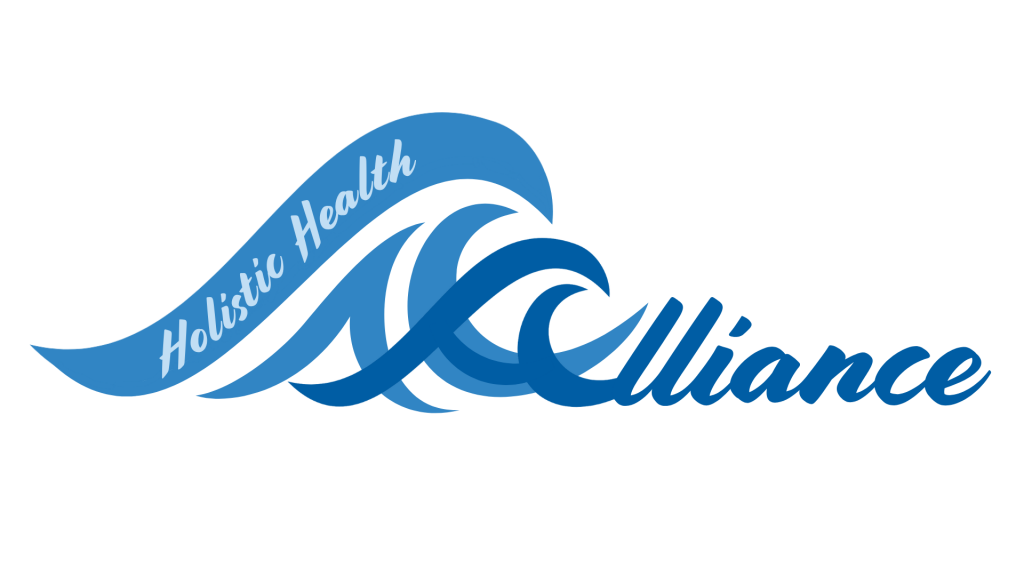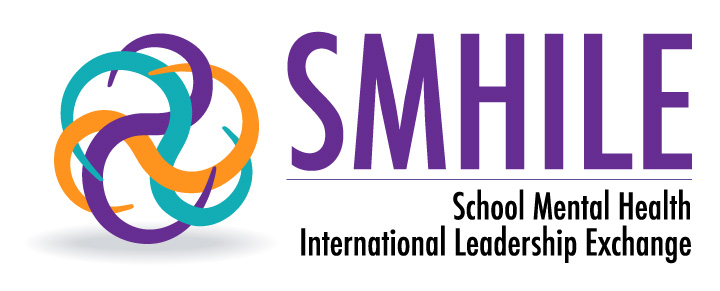
Purpose
As the overall percentage of children, adolescents, and adults who develop mental/behavioral health disorders continues to increase, the focus of this interdisciplinary group within SMHILE is to promote a holistic approach to child and adolescent development for enhancing health, resilience, and well-being from a developmental perspective.
Addressing mental health from a developmental perspective necessitates a greater understanding of the interconnectedness and cascading impact that physical, psychological, cognitive, social, emotional, and spiritual development and lifestyle behaviors have on mental/behavioral health trajectories across the lifespan.
Mission
- Engage mental/behavioral health and education professionals, researchers, schools, and families to advocate for a more holistic approach for promoting health and well-being across the lifespan
- Provide mental/behavioral health and education researchers, school behavioral health and education professionals, schools, and families with current research and practical interventions to facilitate positive trajectories of health & well-being that will impact individuals’ long-term mental health
- Advocate for enhancement of holistic behavioral health strategies and practices through enhanced engagement of researchers, school administrators, and school mental/behavioral health professionals with families and communities
Goals
- Develop and continually enhance the network of researchers and practitioners to accomplish the mission of the SMHILE Holistic Health Alliance (H2A).
- Build academic teams to advance “best practices” via coalescing academic and professional/practitioner support to strengthen a supportive ecosystem
- Develop a public domain repository for holistic integration interventions and movement-centered pedagogies that integrate the dominant paradigms in education and public health
Leadership
Dr. David Stodden, University of South Carolina, USA
Dr. Caterina Pesce, University of Rome “Foro Italico,” Italy
Dr. Rodrigo Antunes Lima, Institut de Recerca Sant Joan de Déu, Spain
Dr. Tal Dotan Ben-Soussan, Research Institute for Neuroscience, Education and didactics (RINED) of Patrizio Paoletti Foundation for Development and Communication, Italy
Rachel Kurtz, School of Education, Durham University, United Kingdom
